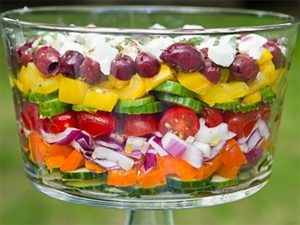7 Foods to Help Boost Your Strength

We all want to be stronger. But, did you know that exercise is not the only way to help build your muscles? Eating a diet full of protein and vitamin-rich foods can also help boost your strength and increase your body’s ability to maintain lean muscle mass. We’re sharing 7 of our favourite strength-boosting foods here…
7 Foods that Boost Your Strength
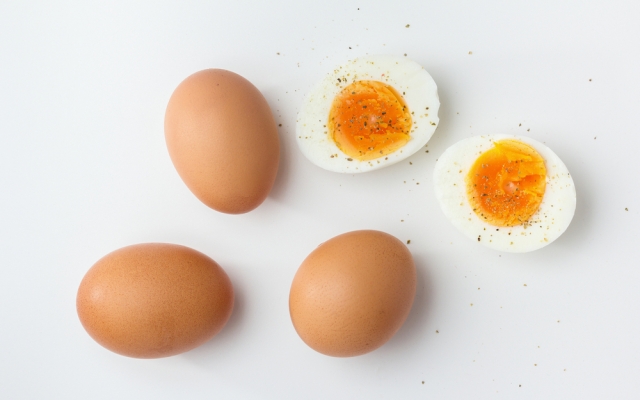
1. Whole Organic or Free Range Eggs
Eggs are a budget-friendly and high-quality source of protein, vitamins, and choline, which boosts brain health. One whole large egg has close to 7g of high-quality protein and is ultra-versatile. We suggest purchasing organic or free-range eggs and cooking them up for breakfast, lunch, or even dinner.
One of our favourite strength-boosting breakfasts? One hard-boiled egg and one sliced avocado (with a sprinkle of flaked sea salt and freshly cracked black pepper).
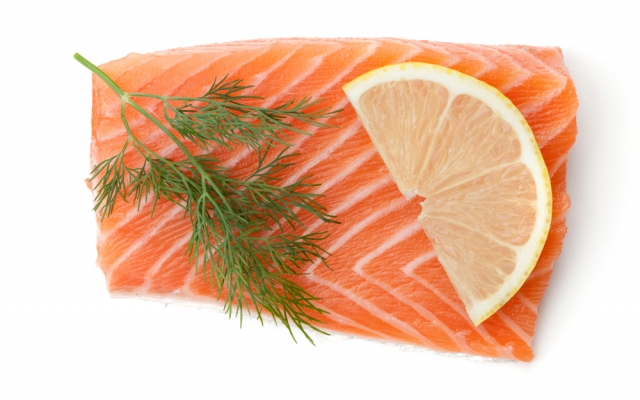
2. Salmon
Salmon is by far one of the best sources of Omega-3 fatty acids. Omega 3s are necessary for both healthy brain power and a healthy nervous system. A typical serving of wild salmon boasts a whopping 20g of high-quality protein and is rich in vitamin B12 and D and selenium. An added bonus? The fatty acids found in salmon may help reduce the risk of depression and may help ward off cognitive decline as we age. And, making salmon is a cinch.
Simply preheat your oven to 425 F and line a baking sheet with parchment paper. Place salmon fillets, skin side down, on the baking sheet and drizzle with olive oil, sea salt, cracked black pepper, lemon zest, and freshly chopped herbs. Roast for 20-30 minutes, until salmon is opaque and cooked through (it will easily flake). Serve with cooked quinoa and steamed veggies or a large kale salad for a flavour-packed and strength-boosting dinner. This seashell salmon salad is a great way to enjoy salmon with kids.
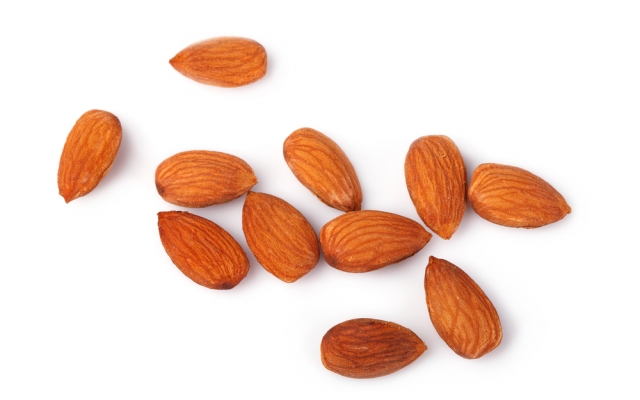
3. Raw Nuts & Seeds
Raw nuts and seeds are energy powerhouses. They contain high levels of monounsaturated fats, polyunsaturated fats, fiber, protein, and vitamins including magnesium, zinc, and potassium. They are serious fuel when it comes to building strength in your body. Abundant in healthy fats and protein, a handful of raw almonds, cashews, or walnuts, or a sprinkle of flax, chia, or hemp seeds over your morning oatmeal or smoothie-bowl, will help maintain energy levels throughout the day, and give you an energy boost if you’re heading to spin or yoga class.
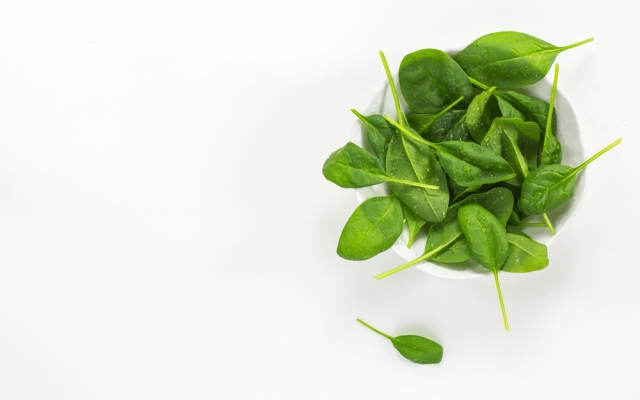
4. Spinach & Greens
Spinach is a superfood unlike many others. This super leafy green is an excellent source of magnesium. Additionally, iron-rich dark leafy greens–including spinach–are essential for bone health. They help give you smooth skin and shiny hair and provide a good dose of protein. Spinach is also a highly alkaline food.
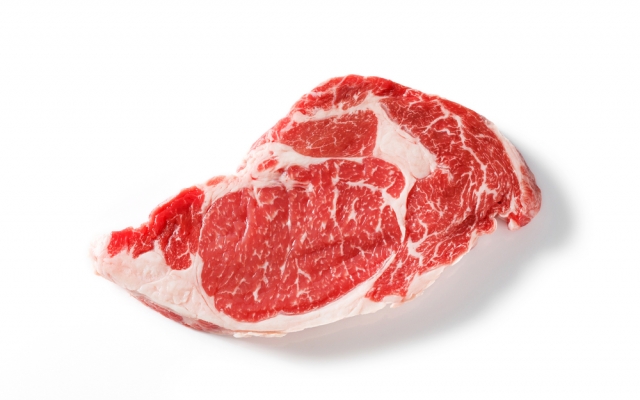
5. High Quality Red Meat
Red meat has been given a bad rap in recent years. Due in part to the rise in popularity of macro and vegan-style diets, many people believe that in order to be healthy, we must steer clear of red meat. And, while we certainly agree with the health benefits of vegan and macro diets and the suggestion to eat less red meat overall, we also believe that red meat (especially high quality, organic, and grass fed beef) absolutley has its benefits and has a place in a healthy diet. It’s packed with iron, protein, and Vitamin B12 which helps build our muscles.
We suggest limiting your red meat consumption to 1-2x/week.
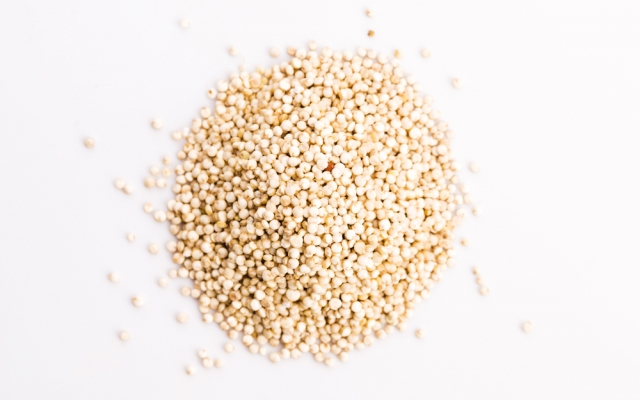
6. Quinoa
Super easy to prepare, quinoa not only packs 8 grams of high-quality protein and 5 grams of fiber per 1-cup serving, it’s also one of the few plant foods that is considered a complete protein (which means it contains all the essential amino acids your body can’t naturally produce). Quinoa is coated with a food additive called saponin, therefore it’s very important to rinse it thoroughly before cooking (under cool running water), and it’s best to consume only 2 to 3 times/week.
Although not commonly thought of as an allergenic food, quinoa does contain oxalates, which puts it on the caution list for an oxalate-restricted diet.
But the best part about quinoa is that it’s gluten-free. So, if you’re gluten intolerant or just trying to avoid wheat-containing foods, quinoa is a great alternative to both couscous and bulgur.
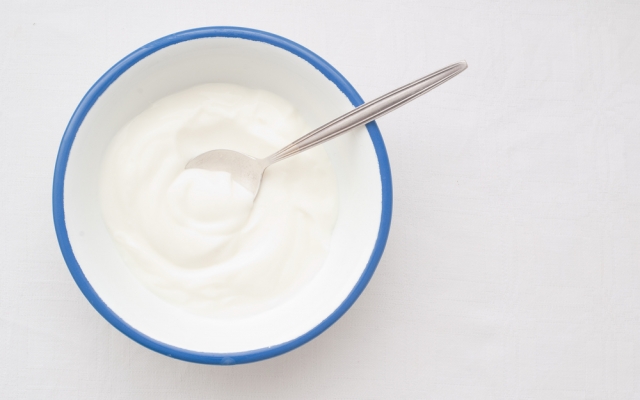
7. Full-Fat Natural Yogurt
Yogurt (we’re talking about the full-fat, Greek-style, all natural, low-sugar variety, NOT aspartame/sugar-loaded fruit varieties here) is loaded with calcium, a bone-building mineral. Calcium also helps boost our inner body strength by helping us get a restful sleep because it helps the body to use the tryptophan found in dairy to help trigger sleep.
Tryptophan is important to the production of serotonin, which in turn is important to the production of melatonin. Yogurt also contains gut-friendly bacteria that help improve your gastrointestinal health and protect our immune system.








